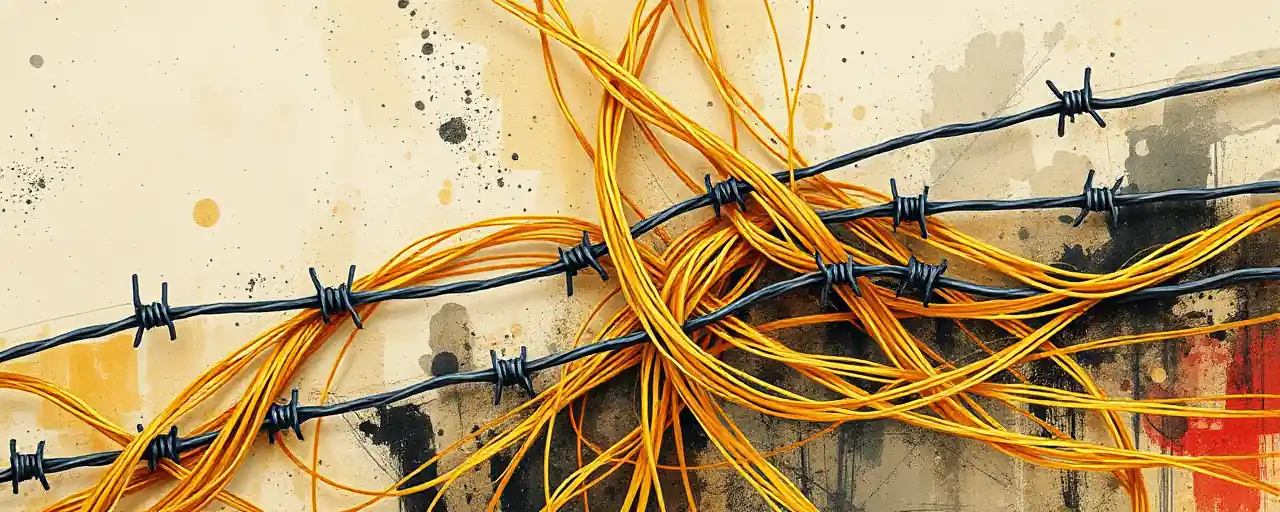A Line in the Sand
In a world where ethics can feel like a negotiable commodity, California Attorney General Rob Bonta has drawn a fierce, unyielding line. On April 2, 2025, he issued a legal alert that reverberated through boardrooms and beyond, a stark reminder to businesses that bribing foreign officials remains illegal in the Golden State, no matter what directives come from Washington. This isn’t just a bureaucratic flex; it’s a clarion call to protect the integrity of commerce at a time when federal leadership seems intent on unraveling decades of anti-corruption progress.
The backdrop to Bonta’s stand is President Trump’s February 10, 2025, executive order, halting enforcement of the Foreign Corrupt Practices Act (FCPA) for 180 days. Trump’s move, cloaked as a bid to boost American competitiveness, threatens to turn a blind eye to the shady dealings that have long undermined fair markets. But California, the world’s fifth-largest economy, isn’t waiting for permission to act. Bonta’s alert invokes the state’s Unfair Competition Law (UCL), a powerful tool to hold companies accountable when they cross ethical lines.
This clash isn’t abstract; it’s about real stakes. Bribery doesn’t just grease palms, it corrodes trust, tilts playing fields, and leaves consumers footing the bill for inflated costs and subpar goods. For every dollar slipped under the table to a foreign official, a piece of the public’s faith in honest business crumbles. California’s defiance signals a refusal to let that erosion spread unchecked.
The Cost of Federal Retreat
Trump’s suspension of the FCPA, a law born in 1977 from the ashes of Watergate-era scandals, marks a dangerous retreat from a legacy of accountability. That legislation, forged after revelations of rampant corporate bribery abroad, set a global standard, inspiring frameworks like the OECD Anti-Bribery Convention. Yet here we are, watching the administration gamble with that hard-won credibility, claiming overregulation stifles American firms. The argument rings hollow when you consider the Siemens case of 2008, where a $1.6 billion settlement exposed how unchecked corruption distorts competition.
Advocates for transparency, from watchdog groups to international partners, warn that this pause could embolden corrupt practices worldwide. If the U.S., once a beacon of enforcement, steps back, who fills the void? Other nations might tighten their own anti-bribery nets, leaving American companies facing stiffer scrutiny abroad while dodging accountability at home. It’s a shortsighted trade-off, prioritizing quick wins over the enduring strength of ethical markets.
Meanwhile, California’s UCL stands as a bulwark. Enacted in 1872 and honed over decades, it targets unlawful practices with a scope broad enough to snare FCPA violators. Bonta’s alert isn’t just a legal footnote; it’s a promise to prosecute those who think a federal timeout equals a free pass. The state’s track record, bolstered by cases under the Dodd-Frank Act empowering local enforcement, proves it’s not bluffing.
Contrast this with the administration’s logic. Trump’s team insists deregulation unshackles businesses to compete globally, echoing Reagan-era faith in unfettered markets. History tells a different story: the late 19th century’s laissez-faire chaos birthed monopolies, crushed workers, and sparked the trust-busting of Theodore Roosevelt’s time. Deregulation might juice profits for a few, but it risks leaving the many, consumers and small businesses alike, at the mercy of unchecked greed.
The real-world fallout is already brewing. Multinational firms, caught between California’s resolve and Trump’s leniency, face a compliance nightmare. Do they gamble on federal inaction, only to get hammered by state prosecutors? Or do they stick to the straight and narrow, proving ethics aren’t just a luxury for the naive? Bonta’s betting on the latter, and the evidence backs him up: fair competition drives innovation, not backroom deals.
State Power, People’s Victory
California’s stand isn’t just about law; it’s about power, the kind that flows from statehouses when federal will falters. The tension traces back to the Commerce Clause battles of the 1880s, when the Supreme Court curtailed state overreach in interstate trade. Yet today, provisions like Section 1042 of Dodd-Frank affirm states’ rights to enforce federal laws independently. Bonta’s wielding that authority to shield Californians from the ripple effects of corruption, from jacked-up prices to eroded trust in the goods they buy.
Opponents, often corporate lobbyists or policymakers cozy with Trump’s agenda, argue this fragments regulation, sowing chaos for businesses navigating a patchwork of rules. They’re not entirely wrong; consistency matters. But their solution, gutting oversight altogether, ignores the human cost. When bribery festers, it’s not CEOs who suffer, it’s workers in underpaid supply chains, consumers stuck with shoddy products, and honest firms outmaneuvered by cheats. California’s approach, messy as it may be, keeps the focus where it belongs: on people, not profit margins.
Look at the global stage. The UK Bribery Act of 2010 and OECD efforts show nations can thrive while cracking down on corruption. California’s aligning with that ethos, refusing to let Trump’s rollback dictate its values. If anything, this moment proves states can lead when Washington wavers, a lesson etched in history from the New Deal to the 2008 financial crisis, when local action often bridged federal gaps.
The Fight Worth Winning
Bonta’s alert isn’t a polite suggestion; it’s a battle cry for a system worth believing in. California’s not alone in this fight, but it’s setting the pace, proving that ethical business isn’t a relic of a bygone era. The UCL, paired with the FCPA’s spirit, offers a lifeline to keep markets honest, ensuring companies compete on merit, not manipulation.
This isn’t about punishing success; it’s about defining it. Trump’s pause might tempt some to cut corners, but California’s holding the line, reminding us that integrity isn’t negotiable. For every business tempted to pay off a foreign official, there’s a consumer, a worker, a competitor counting on the rules to hold. Bonta’s made it clear: in this state, they will.
